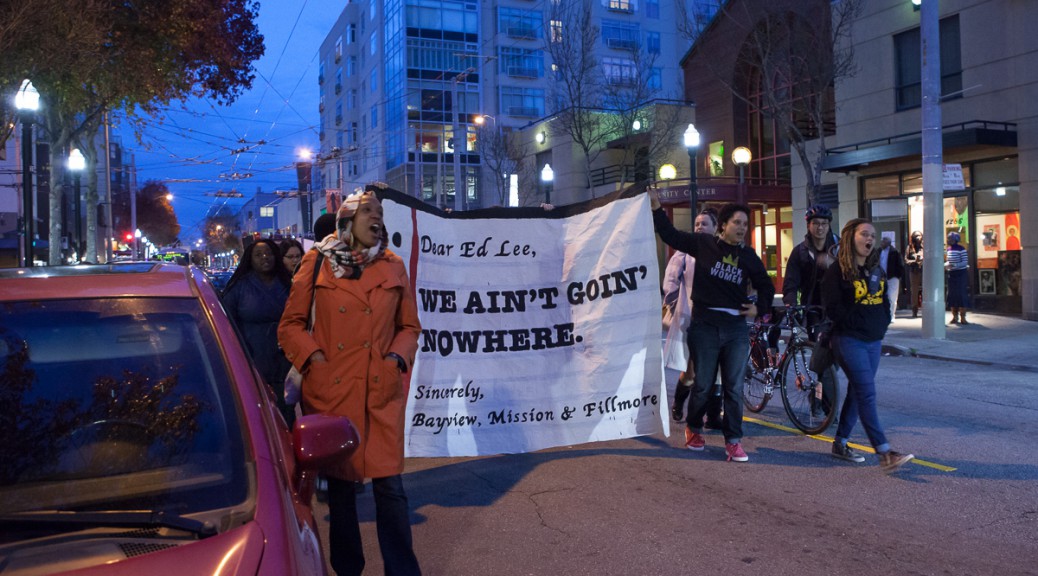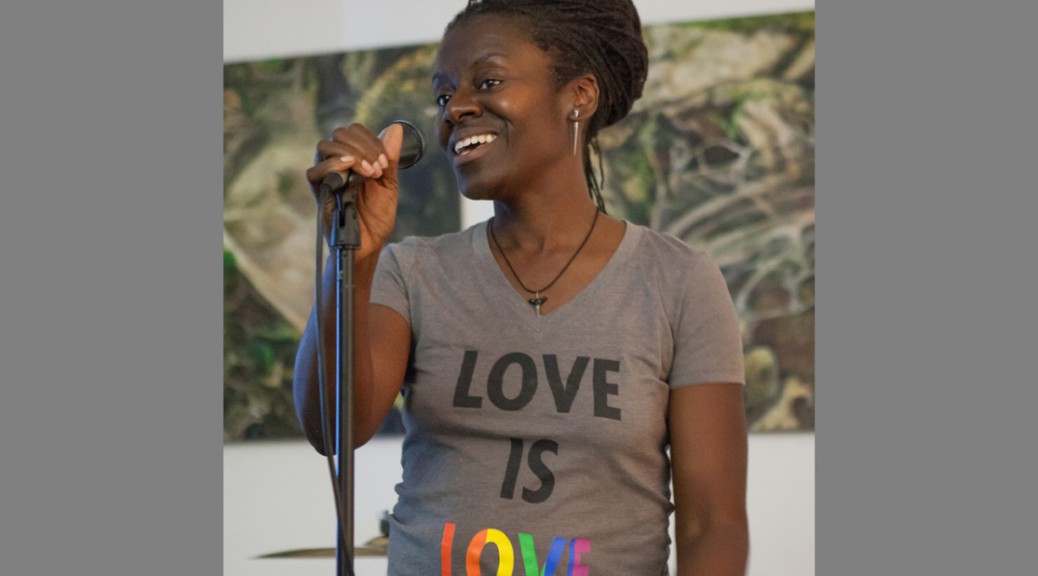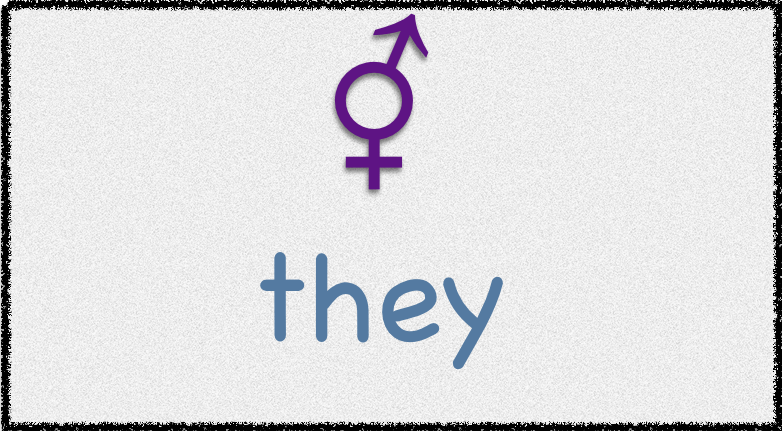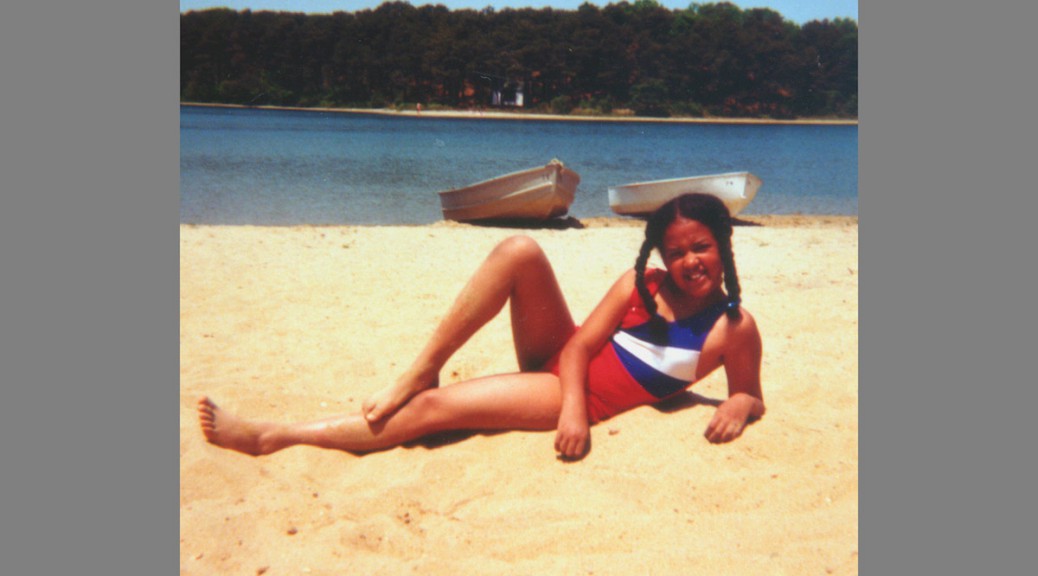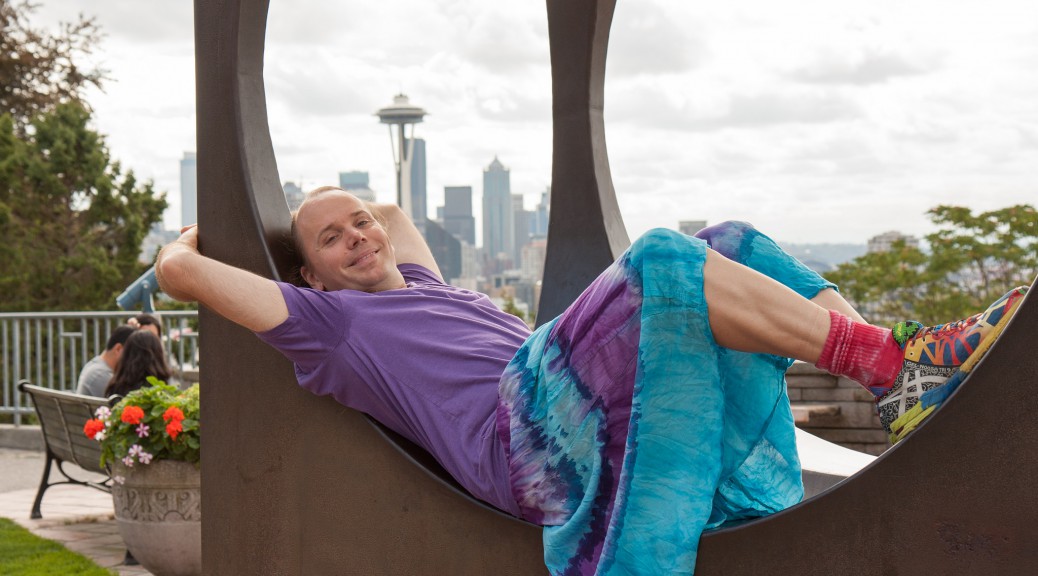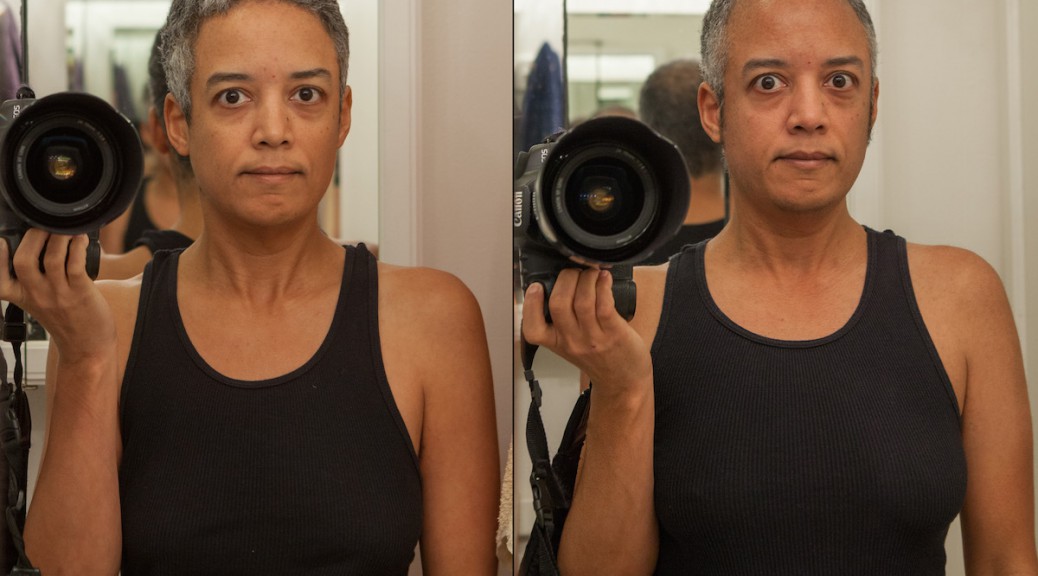[Image: Activists march in the street carrying a banner reading “Dear Ed Lee, We Ain’t Goin’ Nowhere. Sincerely, Bayview, Mission & Fillmore”]
This weekend, activists throughout the country are holding events to reclaim the radical legacy of Martin Luther King, Jr., with 96 hours of direct action. I attended one such event on Friday in San Francisco’s Fillmore district, one of our rapidly gentrifying neighborhoods where black folks are being displaced from their homes. Though when I arrived I was only expecting speakouts and music, the event turned into a march that took over the streets.
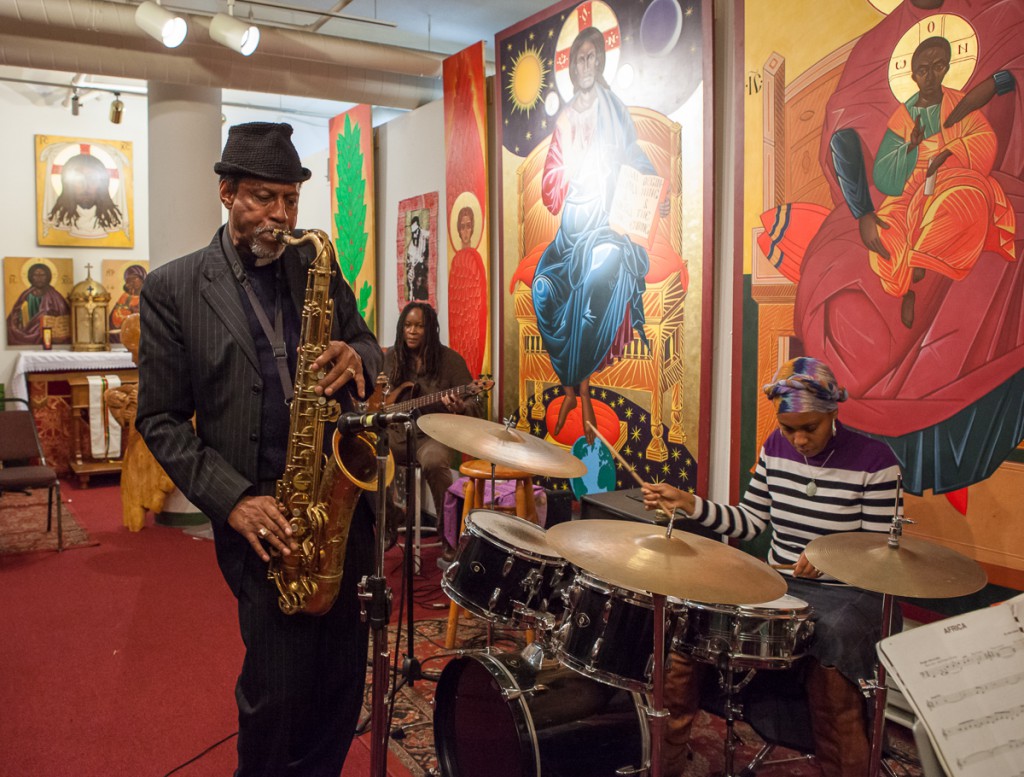 [Image: Musicians perform at Saint John Coltrane Church.]
[Image: Musicians perform at Saint John Coltrane Church.]
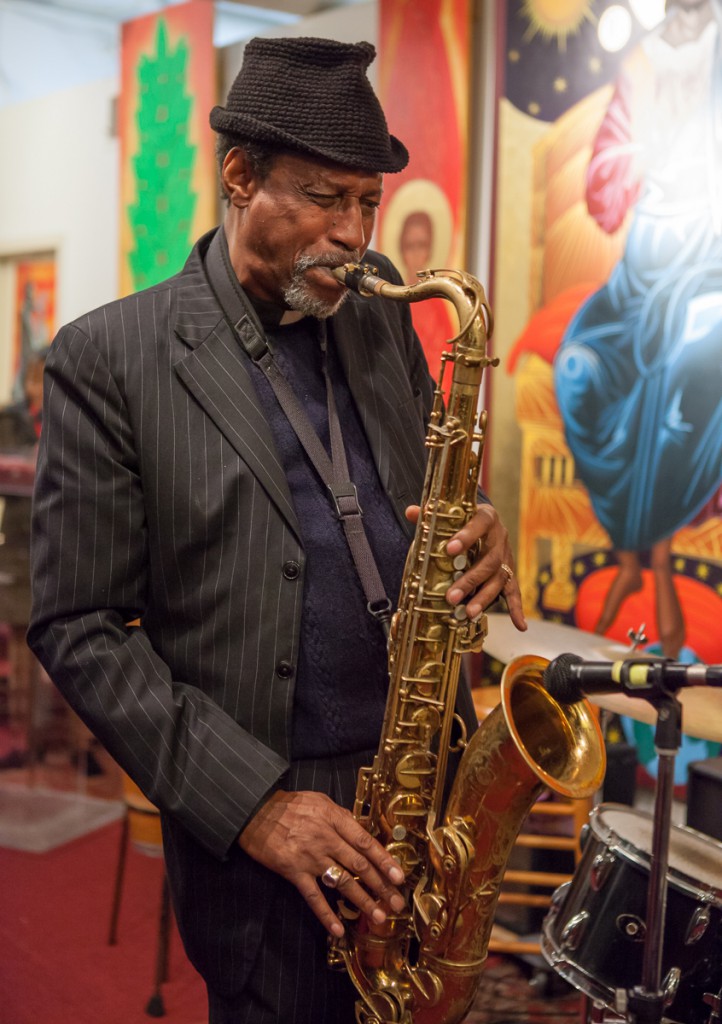 [Image: Archbishop King plays the saxophone at Saint John Coltrane Church.]
[Image: Archbishop King plays the saxophone at Saint John Coltrane Church.]
We gathered at Saint John Coltrane Church. I’m a jazz lover, and I think it’s awesome to have a church where the archbishop plays the saxophone. (This is no gimmick; the legendary musician John Coltrane is actually a saint.) While I’m an atheist, I’m not an anti-theist; I’ll happily cooperate with religious organizations and individuals as long as they’re not trying to convert me or tell me I’m going to hell.
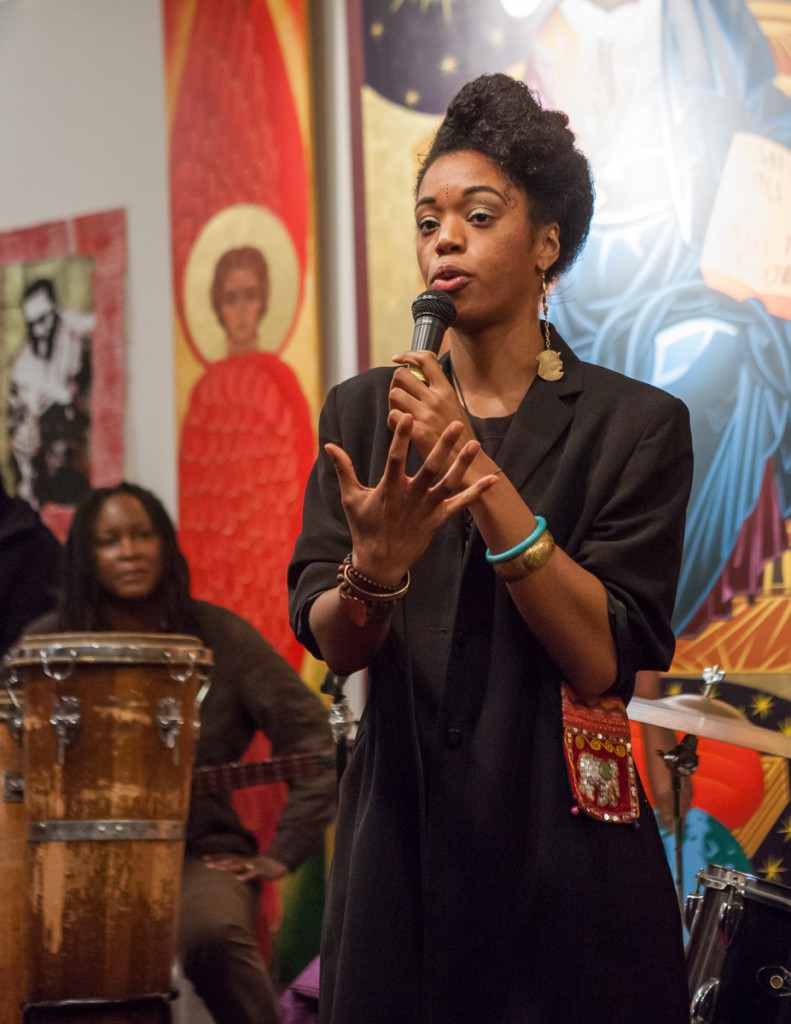 [Image: Etecia Brown of Last 3 Percent of Black SF speaks into a microphone.]
[Image: Etecia Brown of Last 3 Percent of Black SF speaks into a microphone.]
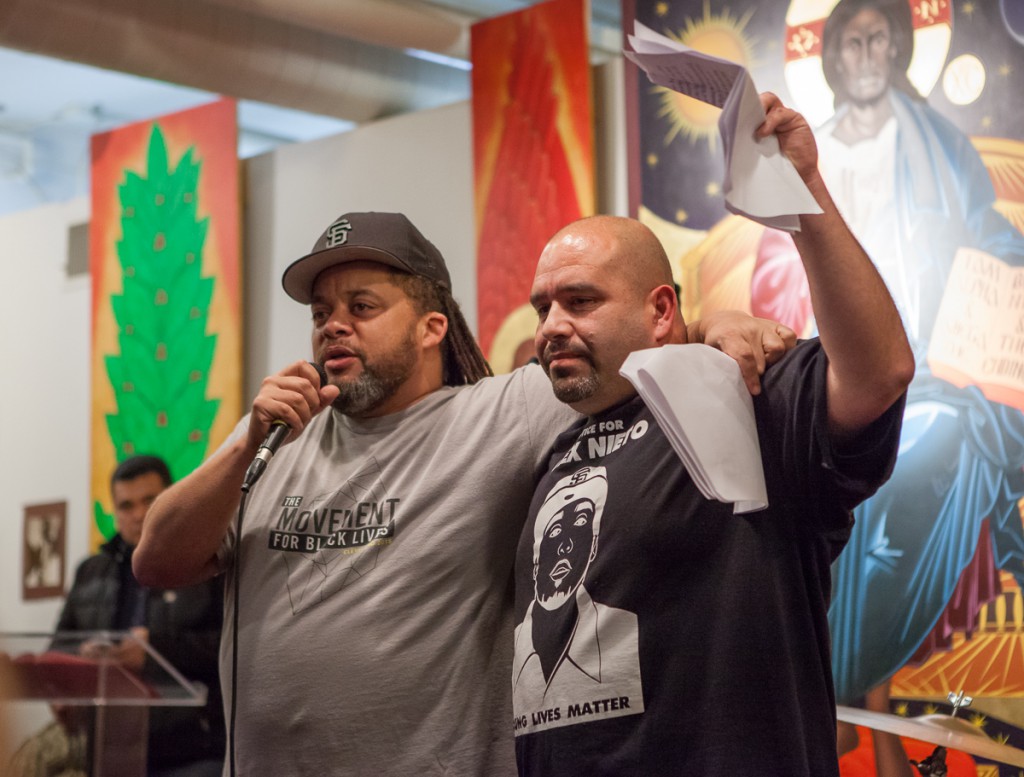 [Image: Activists at ReclaimMLK event, wearing shirts reading “The Movement for Black Lives” and “Justice for Alex Nieto”]
[Image: Activists at ReclaimMLK event, wearing shirts reading “The Movement for Black Lives” and “Justice for Alex Nieto”]
Speakers at the event included representatives from the Anti Police-Terror Project, Last 3 Percent of Black SF, and the Justice for Alex Nieto Coalition. Cause Justa :: Just Cause was also there, providing Spanish translation. While anyone who doesn’t look white (or straight, or cisgender) is a potential target for police violence and housing discrimination, this night’s action focused on the impact on black and brown lives.
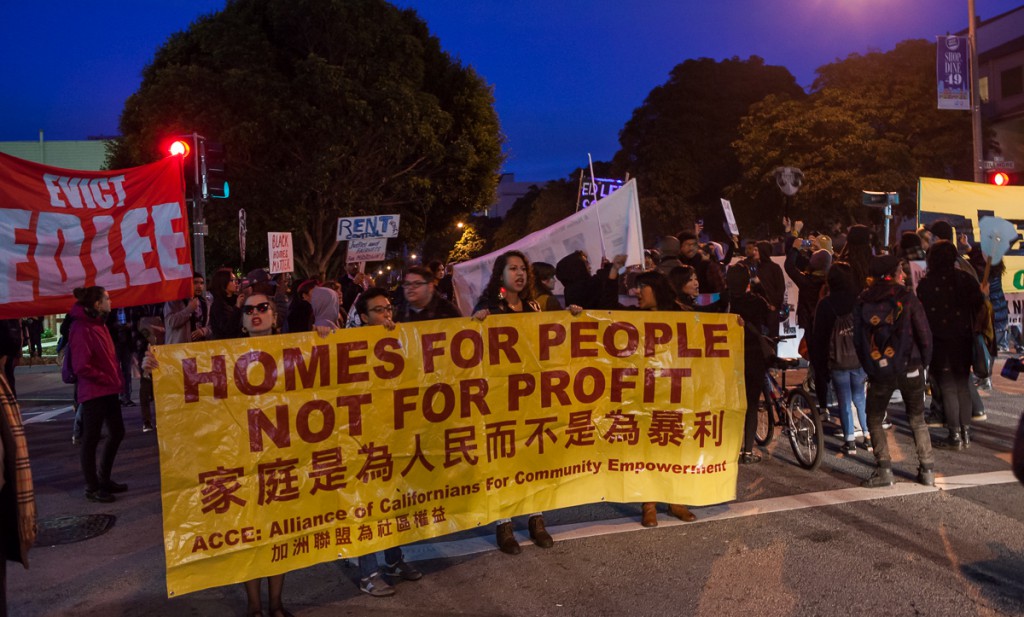 [Image: Activists in the street hold signs reading “Evict Ed Lee” and “Homes for people, not for profit. ACCE: Alliance of Californians for Community Empowerment“]
[Image: Activists in the street hold signs reading “Evict Ed Lee” and “Homes for people, not for profit. ACCE: Alliance of Californians for Community Empowerment“]
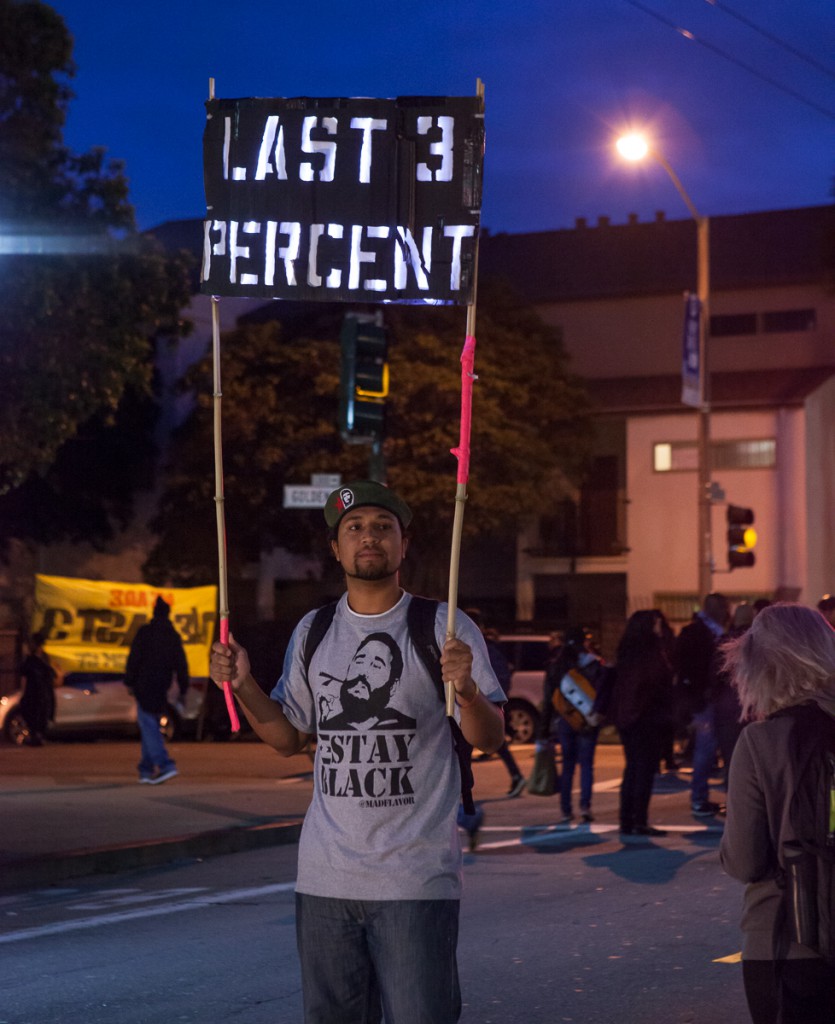 [Image: An activist in the street wearing a shirt reading “Stay Black” holds a sign reading “Last 3 Percent.”]
[Image: An activist in the street wearing a shirt reading “Stay Black” holds a sign reading “Last 3 Percent.”]
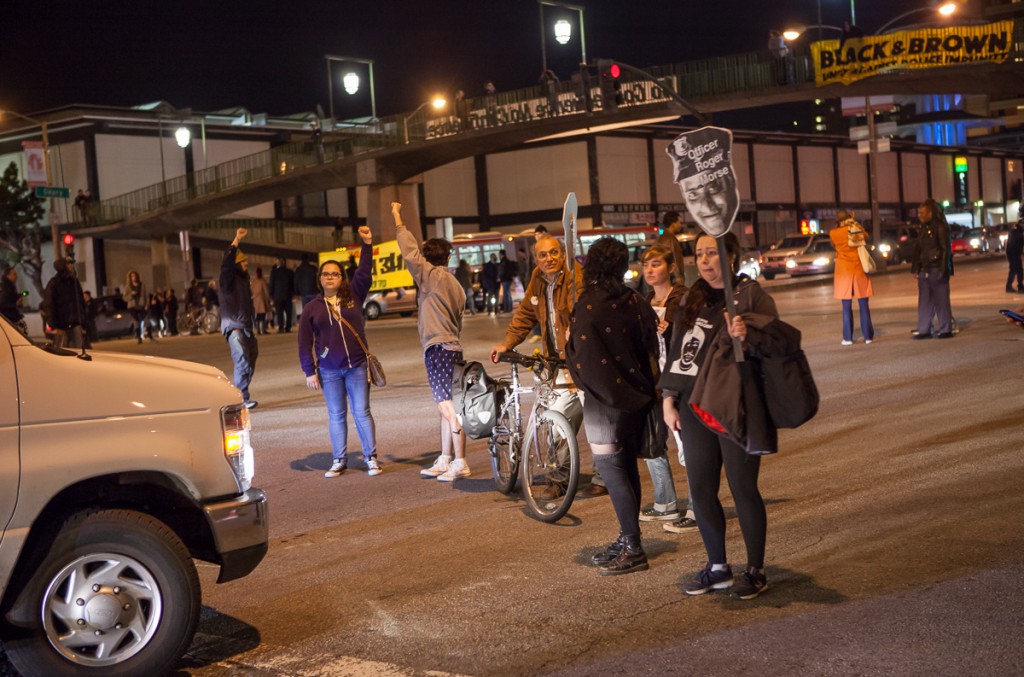 [Image: Activists holding signs and raised fists block traffic at the intersection of Webster and Geary Blvd, San Francisco.]
[Image: Activists holding signs and raised fists block traffic at the intersection of Webster and Geary Blvd, San Francisco.]
Following the speakers and music, attendees took to the streets, eventually holding space during rush hour at the busy intersection of Webster and Geary Blvd. One angry white man asked “Do you people even have a permit?” San Franciscans expect their marches to be scheduled and orderly. But social change requires inconvenience.
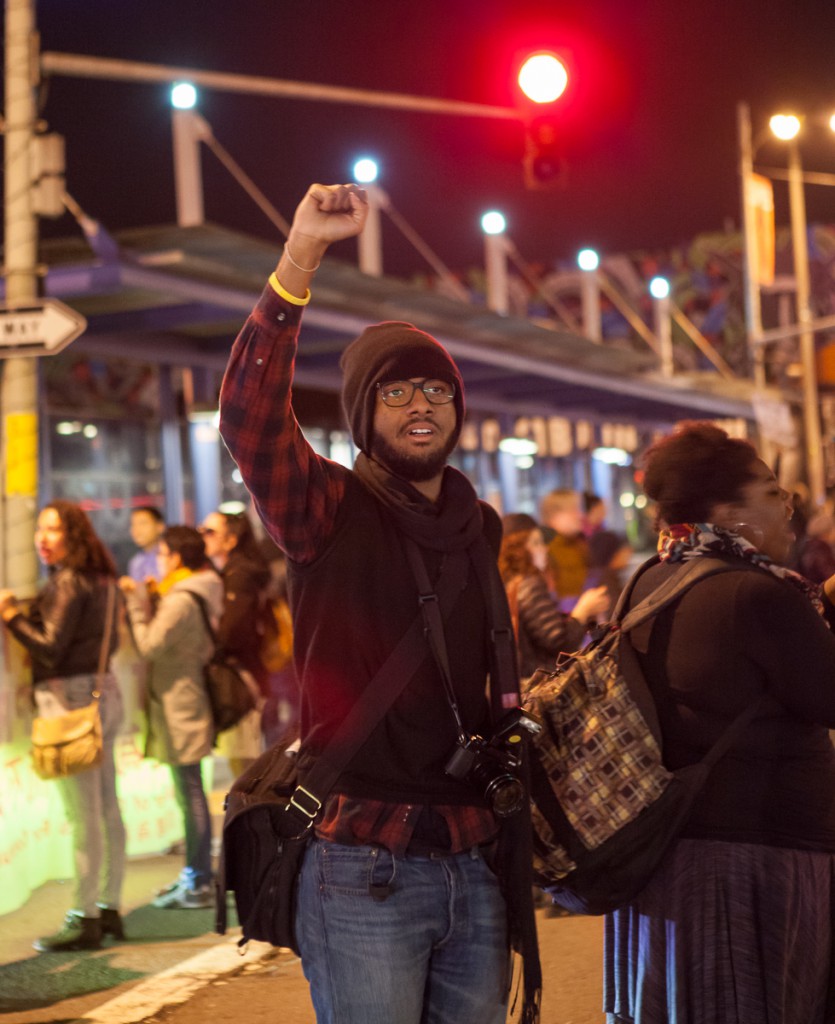 [Image: An activist at the ReclaimMLK action raises their fist in the air.]
[Image: An activist at the ReclaimMLK action raises their fist in the air.]
I was nervous about police harassment once I realized we’d be taking over the intersection, but I did not personally witness any incidents. The police escorted us as we marched back to the church. I spoke with one of the organizers then, thanking him for mentioning transgender and gender non-conforming people in his talk at the start of the event.
My full set of photos from the event is available on Flickr. Please credit Pax Ahimsa Gethen if you use any of them. A videographer I met at the church made a video of the event; I can be seen in the background (wearing a purple jacket and black beret) of several shots:
I’m very glad I attended this action. Tomorrow, I’ll be marching in Oakland for the culmination of the 96 hours of direct action. I was pleased to learn that the march will have a transgender contingent, hosted by the TGI Justice Project and TAJA’s Coalition. I hope many of my fellow activists are able to attend.
